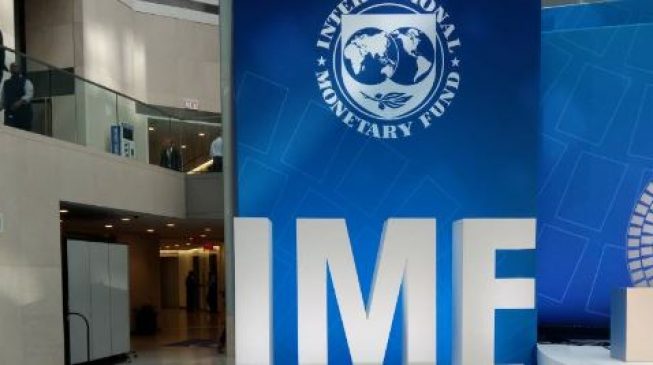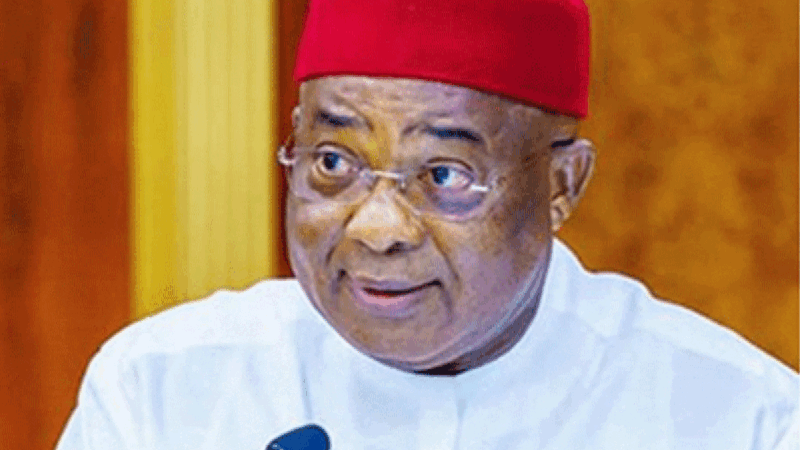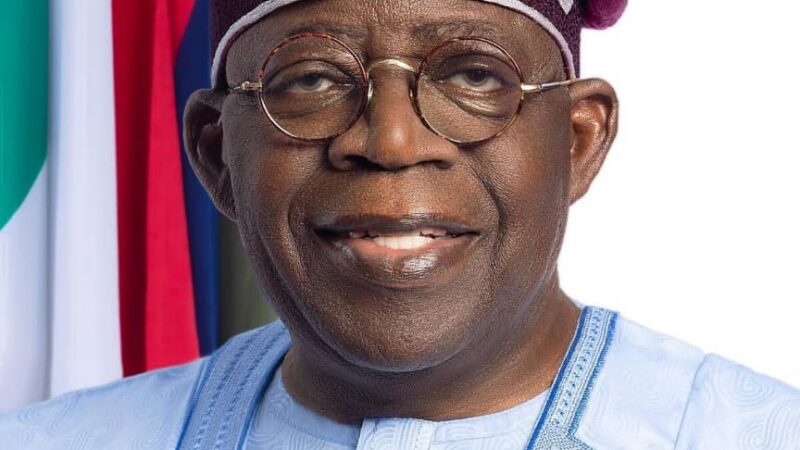Nigeria Needs To Spend 18% GDP On Infrastructure – IMF

*** Fitch Says Country’s Oil Export To Fall By 50% This Year

The International Monetary Fund has estimated additional spending of 18 percentage points of Gross Domestic Product by 2030 for Nigeria to achieve Sustainable Development Goals.
It stated this in its report on, “Technical assistance report – additional spending toward Sustainable Development Goals,” for May 2020, which was released on Monday.
Part of the report read, “Making progress in the Sustainable Development Goals requires substantial additional resources. “Concomitant with the reform priorities identified by the United Nations, World Bank, European Union, and other international development institutions, the mission estimates additional spending of 18 percentage points of Gross Domestic Product by 2030—a level higher than the average low-income and developing countries. “Relative to other low-income and developing countries, additional spending is higher in education and water and sanitation, and lower in health, electricity, and roads.”
The IMF noted that Nigeria faced serious development gaps. It added that, “Half of the student-age population is enrolled in schools.
“Healthy life expectancy is 49 years, placing Nigeria among the bottom six countries in the world. Some 54 per cent of the population is connected to an electricity grid that collapses about once a month.
Meanwhile Fitch Ratings atworld’s leading risk analysts, has said that Nigeria’s oil export will record a 50 percent decline by end of this year due to the impact of the Coronavirus (COVID-19) pandemic on the economy. Mahmoud Harb, Director, Fixed Sovereign Team, Fitch Ratings, stated this in a webinar on Sovereign Risk in Nigeria, saying that Nigeria’s oil revenue will, consequently, fall by the same magnitude at the end of the year.
The federal government earned N5.54 trillion from oil export in 2019. According to him, the expected fall in oil export would result in the country’s current account balance remaining in deficit for three consecutive years in 2019 to 2021.
He stated: “The COVID-19 shock has aggravated the on-going pressures on external liquidity in Nigeria. These on-going pressures stem, first, from a shift of the long standing current account in plus to deficit in 2019 and increased reliance on portfolio inflows under the Central Bank of Nigeria (CBN) strategy of stabilising the nominal exchange rate. “External liquidity pressure from the current account deficit will be aggravated by outflows of foreign portfolio investments,” he said.







